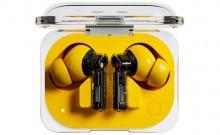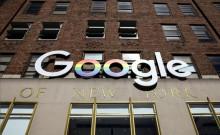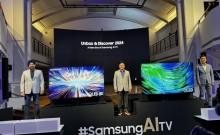Not too far in the future, adventure-lovers will be able to travel into space, if Jeff Bezos has his way. The Amazon founder, who owns Blue Origin, a commercial space vehicle company, announced the New Shepard spacecraft in its second test flight on Monday successfully landed both the crew capsule and the booster.
The first of its kind to successfully land with the crew capsule and booster, the New Shepard spacecraft has a variable-thrust BE-3 engine. The engine with around 50.35 tonne of push, hoisted the vehicle out of the lower atmosphere.
Travelling at 3.72 times the speed of sound, the booster then separated from the crew capsule. The capsule then reached the outer boundary of space having travelled for about 62 miles before dipping back to Earth.
The crew capsule, when it plunged back into the atmosphere, experienced five times the force of Earth's gravity before the parachutes were deployed at an altitude of around 6,109 m. Three braking parachutes followed. The test flight lasted 11 minutes.
"You've seen a lot of rockets take off in your time, but you've never seen one land. The rocket you see behind me is completely reusable. That's a game-changer, because it changes the cost structure of space travel completely," said Bezos in an interview with CBS.
"I've been wanting to do that since I was five years old. When I talk to astronauts, they tell me being in space changes you. You see the Earth in a different way, you see yourself in a different way, they describe the experience as being very meaningful," he said.
The founder of the multibillion-dollar e-commerce company said he is looking forward to travelling into space himself when the test of the spacecraft is over and it starts flying customers.
Tesla and SpaceX CEO Elon Musk congratulated Bezos on the successful test flight of the New Shepard.
Musk's SpaceX is also working on space technology. In a series of tweets, however, he dashed Bezos' claim that New Shepard's landing was the first of its kind.
He said, "Jeff must be unaware SpaceX suborbital VTOL flight began 2013. (sic)"








